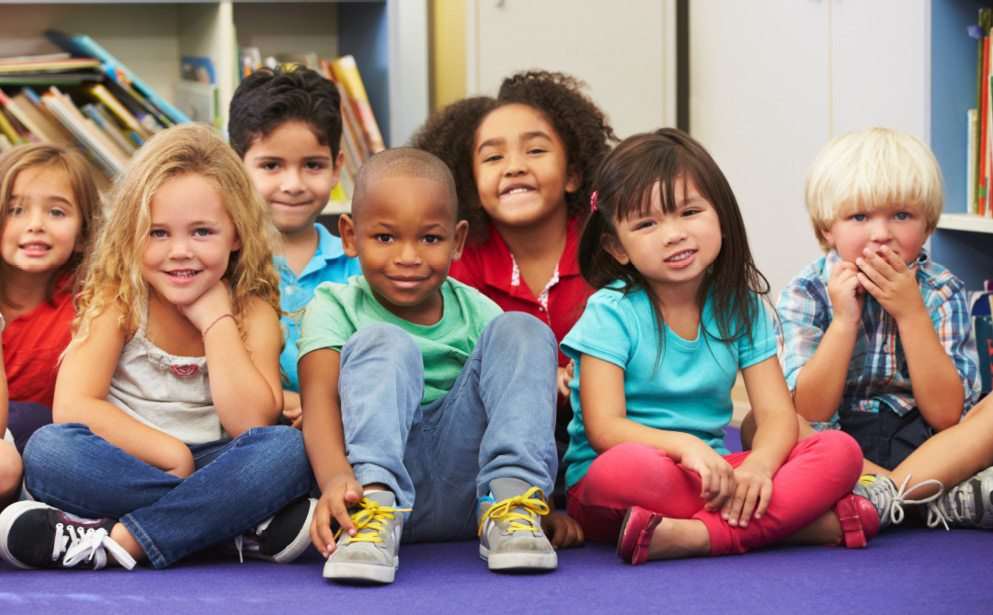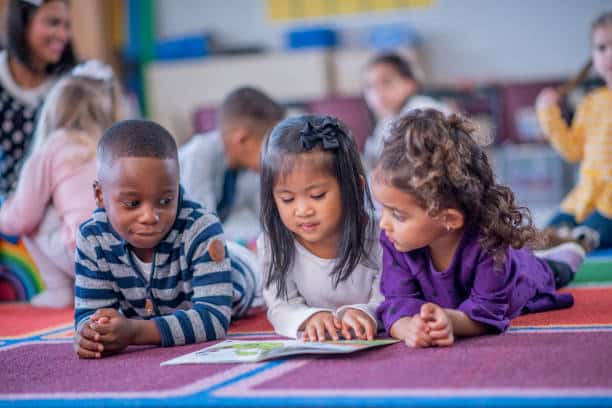In today’s interconnected world, embracing diversity and promoting cultural understanding are essential values that contribute to a more inclusive society. Early childhood education plays a crucial role in fostering these values and preparing children to thrive in a multicultural world. Childcare environments, in particular, offer unique opportunities for children to explore, appreciate, and celebrate diversity.
In this blog post, we’ll delve into the significance of cultural exposure in childcare settings and how it enriches children’s learning experiences.
The Importance of Cultural Exposure
Cultural exposure in childcare environments goes beyond mere tolerance; it fosters genuine appreciation, respect, and understanding of diverse cultures, traditions, and perspectives. By exposing children to different languages, customs, foods, and celebrations, childcare centers lay the foundation for building inclusive attitudes and promoting empathy and acceptance.

Benefits of Cultural Exposure in Childcare
- Promotes Inclusion and Belonging
- Exposure to diverse cultures helps children develop a sense of belonging and acceptance of others, regardless of their background or identity. It fosters a welcoming and inclusive environment where every child feels valued and respected.
- Broadens Perspectives and Knowledge
- Learning about different cultures expands children’s horizons and broadens their understanding of the world. It exposes them to new ideas, traditions, and ways of life, encouraging curiosity, critical thinking, and open-mindedness.
- Fosters Empathy and Respect
- Cultural exposure cultivates empathy and respect for others’ experiences, beliefs, and customs. Children learn to appreciate diversity and recognize the beauty of different cultural expressions, fostering a sense of empathy and compassion toward others.
- Enhances Language Development
- Exposure to diverse languages in childcare environments supports language development and promotes multilingualism. Children have the opportunity to learn words and phrases from different languages, fostering linguistic diversity and communication skills.
- Encourages Creative Expression
- Cultural diversity inspires creativity and imagination in children’s play and artistic expression. Through multicultural stories, music, dance, and art, children explore and celebrate cultural diversity, fostering creativity and self-expression.

Strategies for Embracing Diversity in Childcare
- Incorporate Multicultural Materials
- Integrate multicultural books, toys, music, and art materials into the childcare environment to reflect the diversity of the children and families served.
- Celebrate Cultural Holidays and Festivals
- Acknowledge and celebrate cultural holidays and festivals from around the world, inviting children and families to share their traditions and customs.
- Explore Cultural Foods
- Introduce children to diverse cuisines by incorporating cultural foods into meals and snacks. Encourage children to try new foods and learn about their cultural significance.
- Invite Guest Speakers and Performers
- Invite guest speakers, performers, or parents from different cultural backgrounds to share their stories, traditions, and talents with the children.
- Promote Cultural Exchange
- Encourage cultural exchange among children by facilitating discussions, activities, and projects that highlight different cultures and encourage sharing and learning from one another.
Cultural exposure in childcare environments plays a vital role in promoting inclusion, diversity, and global citizenship. By embracing diversity and celebrating cultural differences, childcare centers create enriching learning experiences that empower children to appreciate and respect the world’s diverse tapestry of cultures.
As caregivers and educators, it’s our responsibility to create environments that reflect the diverse backgrounds and experiences of the children and families we serve. Through intentional efforts to embrace diversity, we foster a sense of belonging, understanding, and empathy that prepares children to become compassionate and culturally competent individuals in an increasingly interconnected world.
